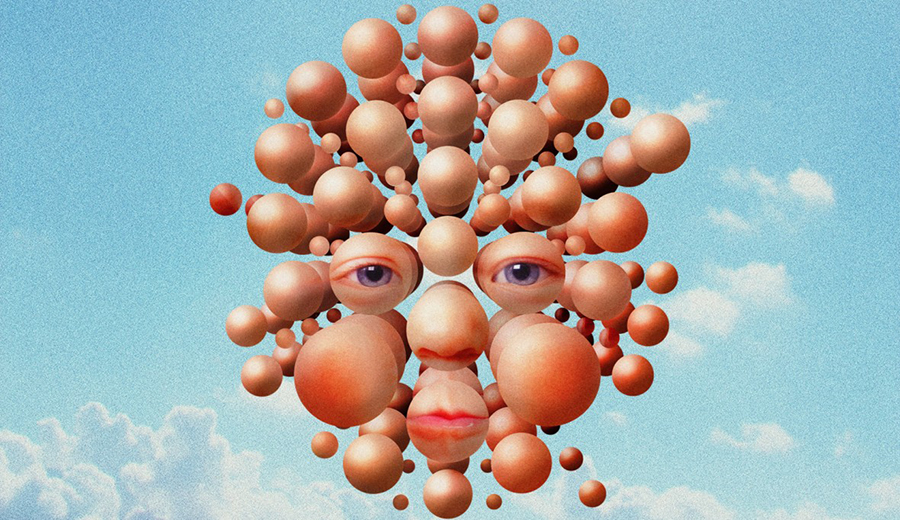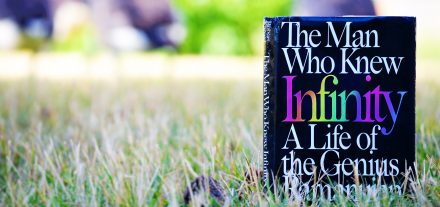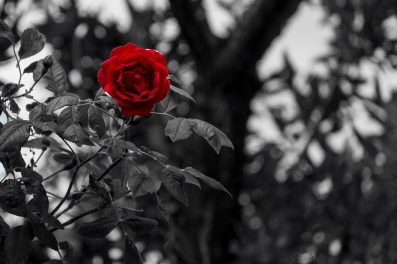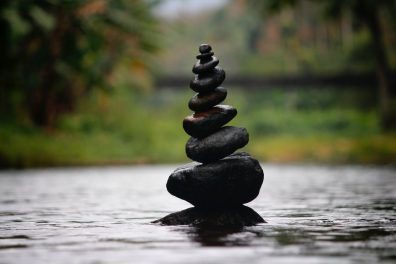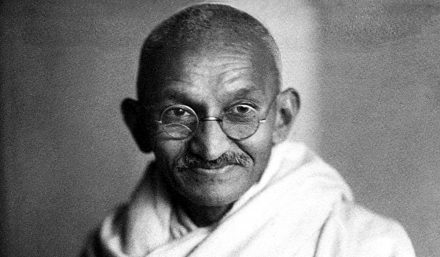Recent developments in science enlightens how we define ourselves: Scientists have discovered complex social network consisting of trillions of microbes that populate our body.
Human Microbiome – as scientists call the complex communities of microbes that inhabit our skin and mucosa (lining of inside of our digestive tract). They are also part of deep layers of skin, in the saliva and oral mucosa, and even in the conjunctiva.
This microbiome is an integral part of human physiology. A balanced microbiome aids in proper functioning of our body, from digestion to self-defense. However, if the microbiome is imbalanced, often due to a compromised immune system or if microbes populate atypical areas of the body (such as through poor hygiene or injury), disease such as Inflammatory Bowel Disease, Vaginosis can result. Inadvertent use of antibiotics can also result in drastic shift in gut micro-flora and can result in unpleasant symptoms such as diarrhea, bloating etc.
In an article published in Time, the author shares some interesting facts : “What we eat can affect our gut, both inside and out. The community of bacteria that colonize our intestines may shift depending on the makeup of our overall diet. “
The fascinating part is that we are outnumbered. There are ten times as many microbial cells in each of us as there are our own cells. For instance, it is estimated that 500 to 1000 species of bacteria live in the human gut and a roughly similar number on the skin. But we don’t start off our life that way. Each of us acquires our own community of microbes from the surrounding environment. As a newborn, we begin our life as mostly sterile beings. We start acquiring these bacteria from our initial journey in the birth canal. We pick up some microbes from mom’s vaginal canal.
Following birth, we start developing our own specific microbiome from the surrounding environment and this continues throughout life. That is why no two humans share the same microbiome, not even identical twins.
“Our bodies are part of a microbial world,” says George Weinstock, who is a Professor of Genetics and Molecular Microbiology at Washington University, “You can think of our ecosystems like you do rain forests and oceans, very different environments with communities of organisms that possess incredible, rich diversity.”
In this context, our human body gets a new meaning – a mini-ecosystem comprising of native cells and foreign microbes evolved together to form a complex biological enterprise, we call human body.

